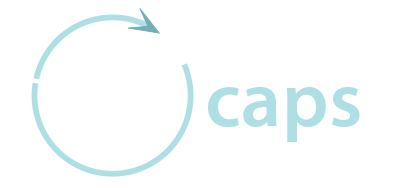WAAKVOGELS aims to better understand the effects of recovery measures and interventions in the Wadden Sea region by collecting a type of data and knowledge that is lacking in current monitoring schemes. Based on these monitoring data and historical monitoring series on six carefully chosen bird species, we focus on questions of (specific) management and development measures and we can make statements on more general interventions and developments in the Wadden area (e.g. land subsidence).
The six species are all distinctly migratory and chosen because each highlights a particular biotope and specific ecological phenomena, and because they have long been the subject of in-depth ecological study. The six species are the sentinels in the system. The project covers all essential habitats of the Wadden Sea-wide ecosystem: Seagrass and coastal grasslands (brent goose), Gulls (flatfish and other fish from shallows; spoonbill), Beach and mudflats (epibenthos such as shrimps; sanderling), Tidal flats (benthic wormids and shellfish; pink-footed godwit and knot sandpiper), and Polders (bar-tailed godwit). For all of these species, we will focus on demographic monitoring and the finer points of site use of these migratory bird species.
With this approach, we take an integrated look at how the mudflats work, based on which we can answer specific questions about effective management measures and mitigating interventions. The type of data and knowledge we obtain (presence, numbers, foraging behavior, condition and survival) tells what the effectiveness of restoration measures and impact of projects is in the biotopes where we track the birds, and is placed in the ecological context (food, predators, disturbance) and with knowledge of the demographics of the six species, also in relation to biotope and climate change elsewhere along the flyway.
WAAKVOGELS will be conducted in close conjunction with WIJ&WADVOGELS, and both projects build on the detailed tracking across the Wadden region provided by a scale-up of the system developed by NIOZ, the project WATLAS. The monitoring data will be made available for general use.
Status
Ongoing
Partners
Sovon, NIOO-KNAW
Contact
Bart Nolet

